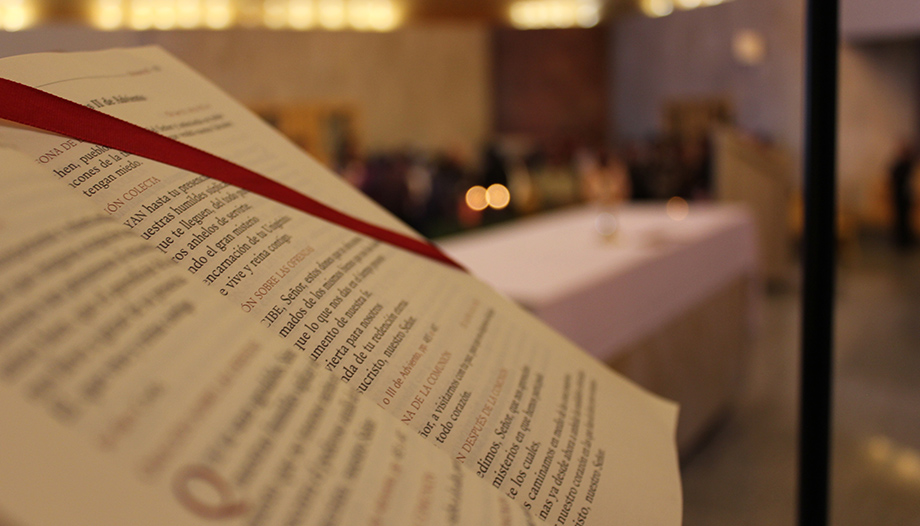In the last book of the Old Testament, Malachi, of whom nothing is known, speaks of the day of the Lord, when God will pronounce his judgment on human history. He uses the apocalyptic symbol of the fire that will burn the proud and unjust like chaff, but will be like a sun with beneficial rays for those who follow the Lord.
We must wait for that day without falling into the error of some Thessalonians, who abandon their work because it is not worth the effort to improve a world that will soon come to an end. Paul corrects them, after writing to them that "do not easily lose your heads or be alarmed by any revelation, rumor, or supposed letter from us, as though the day of the Lord were at hand." (2 Thess 2:2).
The same message of active and prudent vigilance emerges from Jesus' discourse on the end of time, which Luke places before his passion, death and resurrection. Jesus takes advantage of the phrases of admiration for the temple of Jerusalem to prophesy its ruin.
Surprised by this announcement, his listeners ask him with curiosity and fear when these things will happen, and what the signs will be. But Jesus, who links the references to the destruction of the temple with others about the end of time, does not go into details of curiosity, but directs his listeners to be concerned about how to live the time of waiting, which is the time of the Church.
He warns his disciples against false prophets who will claim to be him, or who will announce the imminent end and his return, which, as he had said, will take place "at the hour you least expect" (Lk 12:40). Wars and revolutions will happen, but they should not terrify believers. He uses the apocalyptic language known in his time: earthquakes, famines, plagues, terrifying events and signs in the sky. But it is not yet the end.
Before that, believers will have to experience what Christ has already experienced: being betrayed by close relatives and friends, being captured: "they shall lay their hands on you"The company has been brought to trial before the religious authorities: "they shall deliver you to the synagogues"; and before civilian and military authorities: "before kings and governors", imprisoned. Luke will return to the identification of the Christian with the passion and death of Jesus from the martyrdom of Stephen, in the Acts of the Apostles.
It is the occasion of the testimony. Jesus already promised that the Holy Spirit would inspire them in their defense (Lk 12:12); now he says that he himself will be the one to give his own "mouth and wisdom" to defend themselves. However, "they will kill some of you." y "all will hate you". But the final message is one of hope: "not a hair of your head shall perish; by your perseverance you will save your soul.".
The homily on the readings of Sunday 33rd Sunday
The priest Luis Herrera Campo offers its nanomiliaa small one-minute reflection for these readings.









